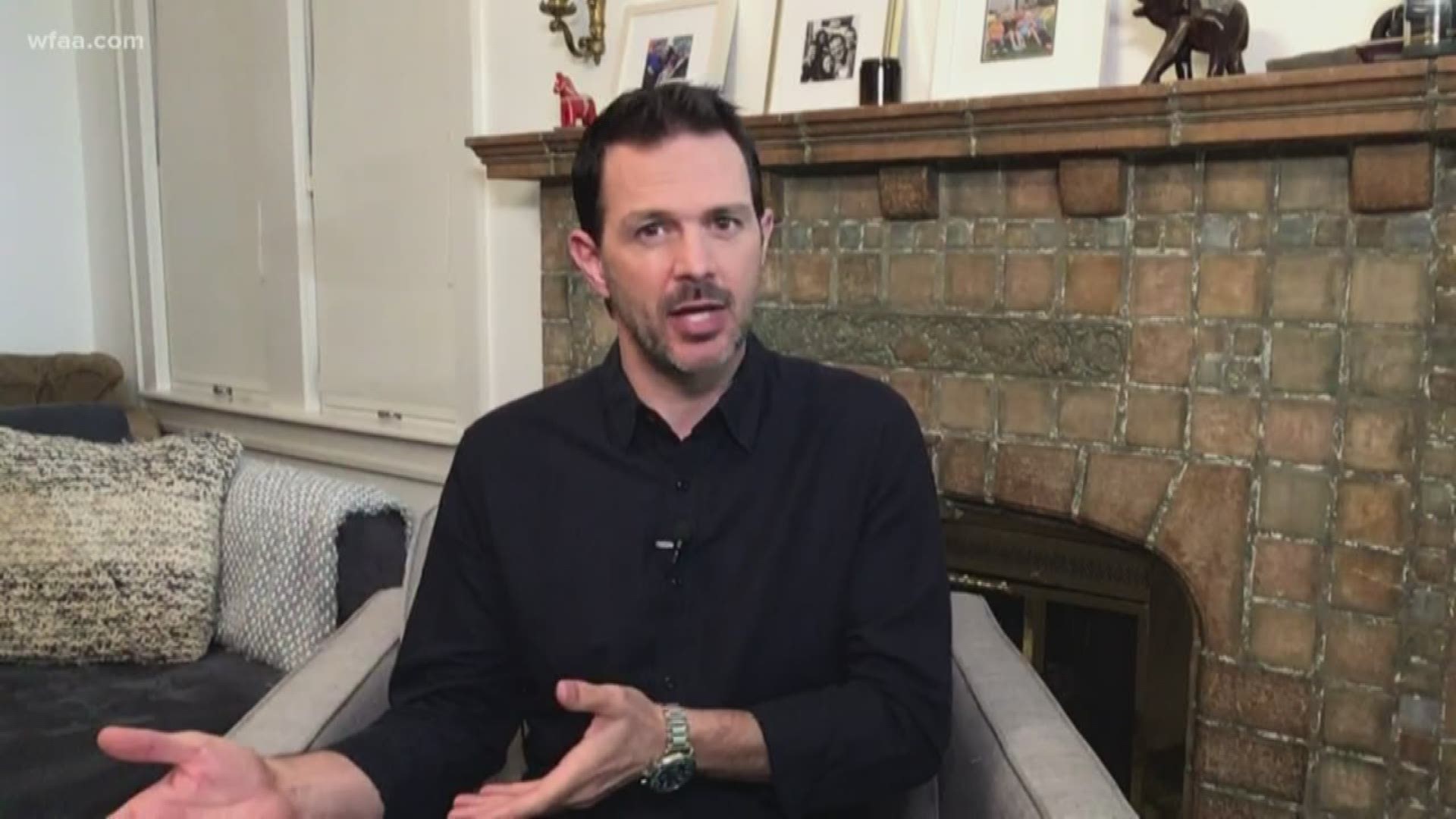Like many parents, for my family the COVID-19 pandemic has been a time filled with more questions than answers. And for my wife and I, that’s been even harder as we’ve struggled navigating some tough topics with our kids.
But helping children understand what’s going on doesn’t have to be stressful or complicated. Child psychologist Dr. Kelly Jameson says to start simple.
“It kind of depends on how your child processes information. Be on the lookout for how they’re asking those questions," she said. "And if they’re not asking those questions, sit down with them and say, ‘Do you understand what’s happening and what questions do you have for me?’”
I found this advice to be really helpful. My kids range in ages, and our oldest is well aware of all the news headlines and has been especially inquisitive. Jameson recommends tailoring your talk to each kid based on what they’re capable of processing.
“I don’t necessarily assign ages to the types of conversations, but what your child can handle in terms of their emotional range,” she says.
I know how easy it can be for parents to overshare and give our kids more information than they can handle. But Jameson says it’s better to focus on whatever concern your child has in that moment.
“Their brains can only process a little bit of information at a time, so it’s important to answer the specific question that was asked,” she advised. “If they’re asking about groceries, you answer about groceries. If they’re asking about why Mommy and Daddy are home, you answer just that.”
Right now plenty of adults are scared and looking for reassurance. Kids are no different. And if parents take away anything from her tips, that’s what Jameson said is most important to tell our children.
“'My job is to keep you safe and my job is to keep you healthy and Mom and Dad are never going to put you in an unsafe position,'” is one example she said parents could use. “'We’re going to be smart and we’re going to follow the rules, and that’s the best that we can do today.'”
To watch my full Skype interview with Jameson, click here.

